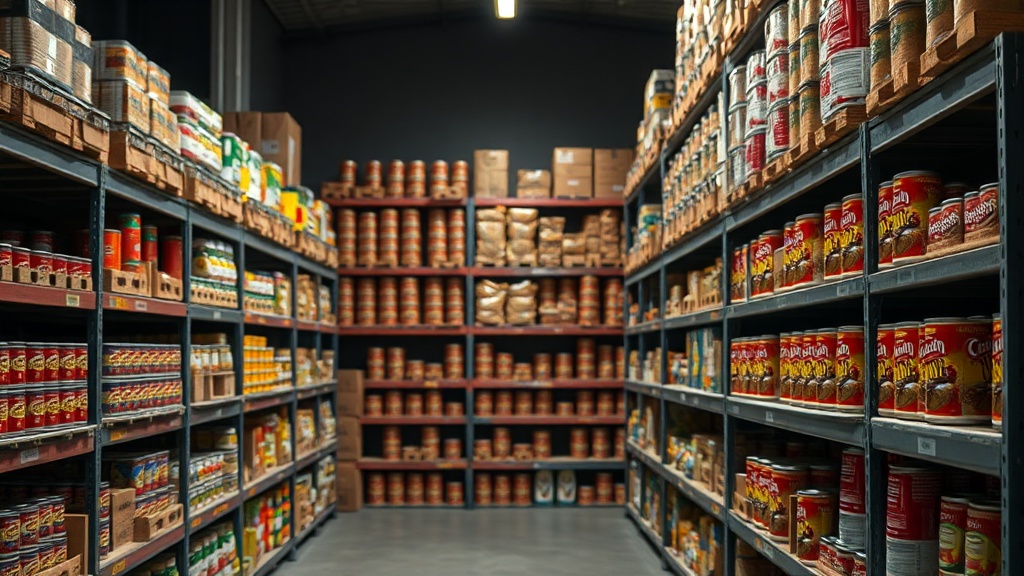Home / Business and Economy / UK Food Banks Face Unprecedented Demand
UK Food Banks Face Unprecedented Demand
23 Nov, 2025
Summary
- Food bank demand has more than doubled since 2019.
- Charities now spend £10,000 monthly on food, up from nearly nothing.
- Donations have fallen sharply, impacting the ability to meet needs.

The UK's cost of living crisis has pushed food banks to their limits, with demand soaring and operational costs escalating dramatically. One food bank, serving Canterbury, Whitstable, and Herne Bay, now distributes over 1,100 parcels monthly, a stark increase from 450 in 2019. This surge in need is straining resources, forcing charities to rely heavily on cash gifts and grants to cover rising food expenses.
The financial pressure on these essential services is immense, with one charity's monthly food bill ballooning to £10,000 from virtually nothing in February 2022. This rise in costs coincides with a significant drop in monetary donations, which have fallen by more than £80,000 over the past two years. Consequently, food banks are working harder to secure donations, using apps and appealing directly to the public for support.
Experts note that food banks, once intended as temporary emergency measures, have become a necessary part of the welfare state. The ongoing crisis, characterized by rising food prices and stagnant wages, means more working families, single parents, and older individuals are relying on these services. For many, the struggle is no longer an emergency spike but a harsh new normal.




